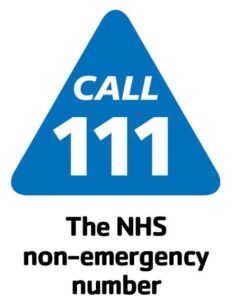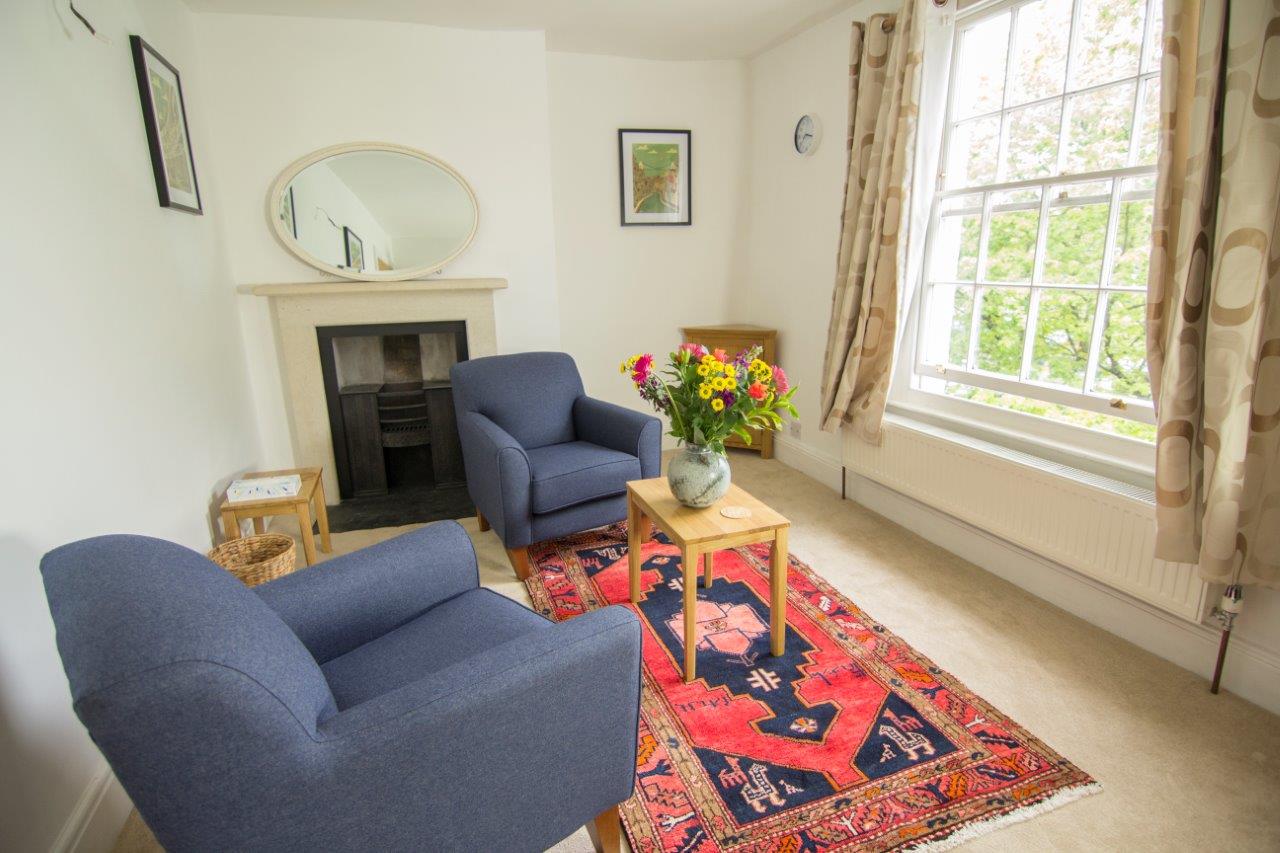This week is Mental Health Awareness Week which highlights mental health in the wider community, and this year it’s that very word ‘Community’ that is the theme for this year.
Community is all about relating and including, and forming those relations in the community leads to inclusion. The sense of community is good for mental health generally, of course, but it can be overlooked amongst the other specific and individual positives that improve and maintain mental health.
As the Mental Health Foundations’ website says:
‘Being part of a safe, positive community is vital for our mental health and wellbeing. We thrive when we have strong connections with other people and supportive communities that remind us, we are not alone. Communities can provide a sense of belonging, safety, support in hard times, and give us a sense purpose.’
Here are the Mental Health Foundation’s tips on how to get involved with your community.
- Make it fun – choose an activity you enjoy. Join a club or group centred around your interests.
- Get outdoors – get out and moving in nature for more mental health benefits.
- Find like-minded people – build connections with people who share your interests and values. However, do try and meet people who are different from you too.
- Show kindness to others – connect with your community through acts of kindness which benefit you and others.
- Show your appreciation – smiling or saying thank you can strengthen a relationship.
- Connect online – healthy online communities can make you feel safe and valued.
- Give back – helping others is a great way to build community and give you purpose.
- Care for your local community – increase your part in your community by getting involved in local campaigns and events.
- Welcome others – make new people joining your community feel welcomed and included.
- Find peer support if you feel you are struggling – connect with other people who may be going through the same experiences as you.
…and here is the link to their website, with all the information and resources they make available, both about this year’s Mental Health Awareness Week in particular and mental health in general.
https://www.mentalhealth.org.uk/our-work/public-engagement/mental-health-awareness-week


 with the prompt provision of mental health services. The charity MIND estimates that about two million people are on NHS mental health services waiting lists.
with the prompt provision of mental health services. The charity MIND estimates that about two million people are on NHS mental health services waiting lists.





 Julie Gresty used her photography skills to capture this charming picture of a male blue tit feeding a female in the garden as she (hopefully) incubates a clutch of eggs. Blue tits apparently lay a large number of eggs, possibly as many as eleven or twelve so we’re looking forward to seeing the young birds soon.
Julie Gresty used her photography skills to capture this charming picture of a male blue tit feeding a female in the garden as she (hopefully) incubates a clutch of eggs. Blue tits apparently lay a large number of eggs, possibly as many as eleven or twelve so we’re looking forward to seeing the young birds soon.
